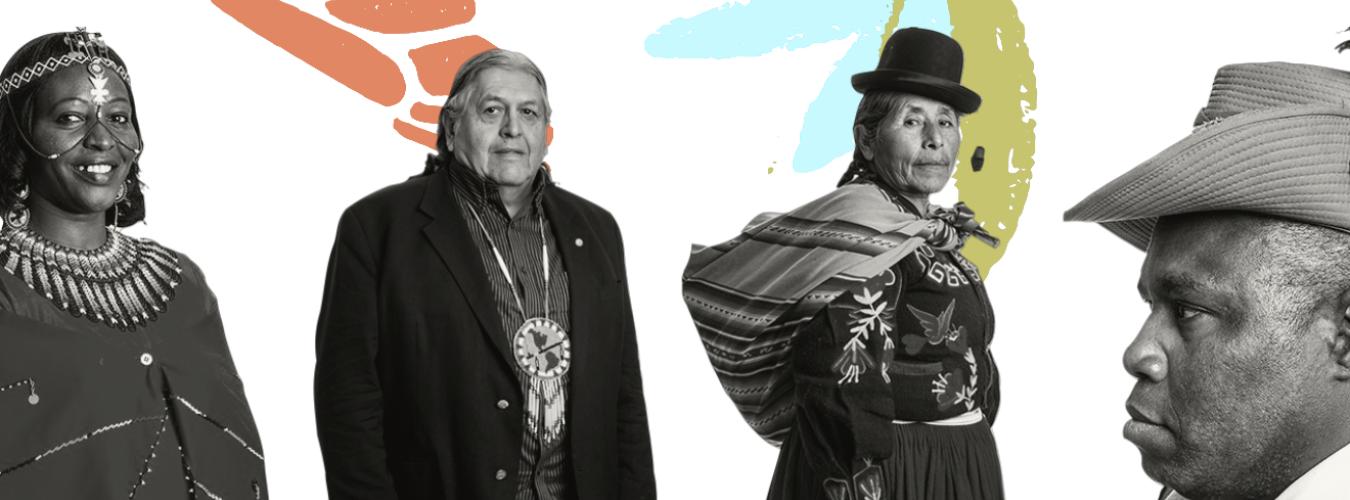
Resources
Related Links
- United Nations Permanent Forum on Indigenous Issues
- Department of Economic and Social Affairs Indigenous Peoples
- FAO - Indigenous peoples
- IFAD - Indigenous peoples
- UNDP - Indigenous peoples
- World Bank - Indigenous peoples
- International Labour Organization - Indigenous and tribal peoples
- UNESCO - Indigenous peoples
- UN Women - Indigenous women
- UN Human Rights -Office of the High Commissioner - Indigenous Peoples
- Fight Racism – Indigenous Peoples
- Decade of Indigenous Languages (2022 – 2032)
- International Year of Indigenous languages
- The 2014 World Conference on Indigenous Peoples
Key documents
- United Nations Declaration on the Rights of Indigenous Peoples
- United Nations System-Wide Action Plan on the rights of indigenous peoples
- Guidelines on Indigenous Peoples' Issues - United Nations Development Group
- State of the World's Indigenous Peoples, Vol I
- State of the World's Indigenous Peoples, Vol. II, on Health
- State of the World's Indigenous Peoples, Vol. III, on Education
- State of the World’s Indigenous Peoples, Volume IV, Implementing the United Nations Declaration on the Rights of Indigenous Peoples
- State of the World’s Indigenous Peoples, Volume V, Rights to Lands, Territories and Resources
Fact Sheets
- Tenth Anniversary of the United Nations Declaration on the Rights of Indigenous Peoples
- Indigenous Human Rights Defenders
- Indigenous peoples and the 2030 Agenda
- Indigenous peoples' right to education
- Indigenous languages
- Conflict, peace and resolution
- Indigenous peoples and the UN Human Rights System
- Economic, social and cultural rights
- Youth: self-harm and suicide
- Hunger and disease
- Sexual health and reproductive rights
- Indigenous peoples: valuing, respecting and supporting diversity (IFAD)
- Good governance
- The Asian region
- The Pacific region
